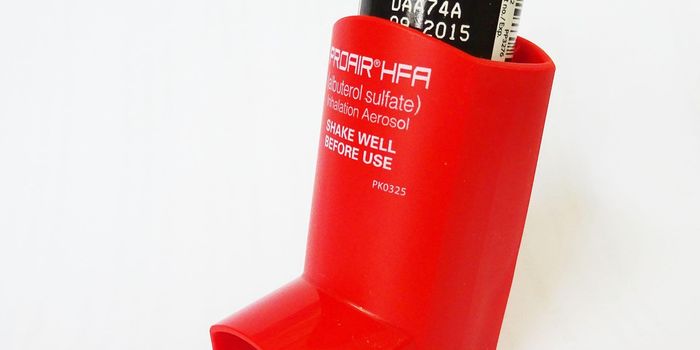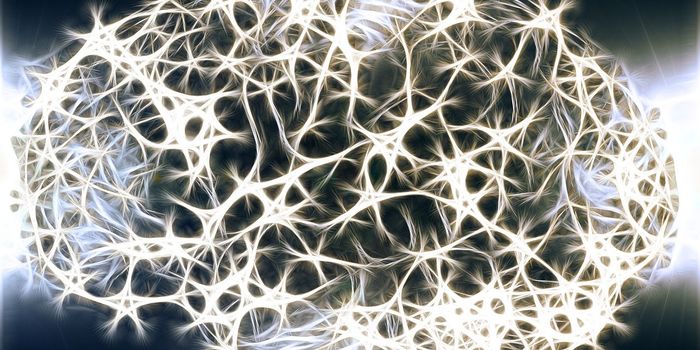Study Indicates Possible Links between Suicide and Undiagnosed Autism
The American Foundation for Suicide Prevention reports that over 45,000 Americans died by suicide in 2020, making it the 12th leading cause of death in the United States. Suicidal thoughts and behaviors pose a higher risk for those with autism compared to non-autistic people. Even in those without autism diagnoses, self-reporting of autistic traits also indicates an increased risk of suicidal thoughts and behaviors.
A new study published in the British Jounral of Psychiatry reports that many people who died by suicide were likely affected by undiagnosed autism. The investigators sought to uncover the prevalence of diagnosed and undiagnosed autism in those who died by suicide. The investigators obtained data from 372 coroners’ reports from two regions in England. The cases covered deaths occurring between 2014 – 2017.
The researchers analyzed the reports for individuals who were diagnosed with autism. For records of people without an autism diagnosis, the researchers looked for any indication that the individual had undiagnosed autism or autistic traits. Beyond the coroners’ records, the investigators also conducted interviews with family members of the deceased to collect any additional evidence of autism or autistic traits.
The authors reported that they uncovered autism in over 10% of the people who died by suicide. Previously, the reported prevalence of autism in the general population was 1.1%. Based on their current findings and the prior data, the authors conclude that “elevated autistic traits are significantly over-represented in those who die by suicide.”
Of importance, the two studies did not use the same standards to determine autistic individuals. While the current research accessed for “possible autism,” the previous study of the general population, which was used for comparison, used a more stringent clinical diagnosis standard to determine autism cases. This weakens the validity of the direct comparison between the two studies.
The study had other limitations, acknowledged by the authors, including that family interviews were not conducted for all cases examined, and the overall sample size was small. Further, there is no way to confirm undiagnosed autism after death, so the researchers rely on the validity of their assessments.
The study encourages better screening for autism and autistic traits in individuals with suicidal thoughts or attempts. Additionally, the study indicates a need for suicide prevention strategies tailored for individuals with autism.
Sources: Autism Res, Br J Psych, Br J Psych









